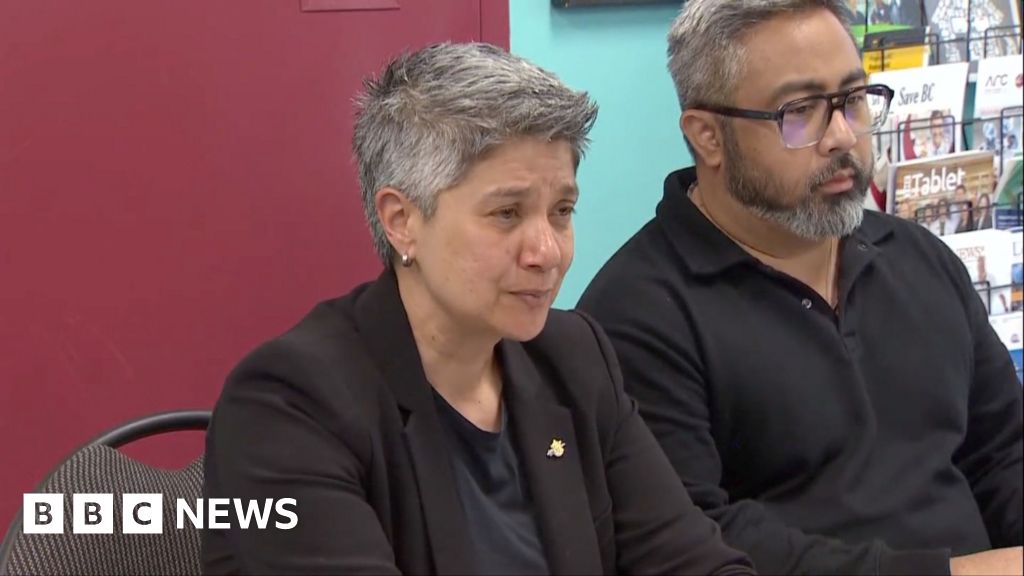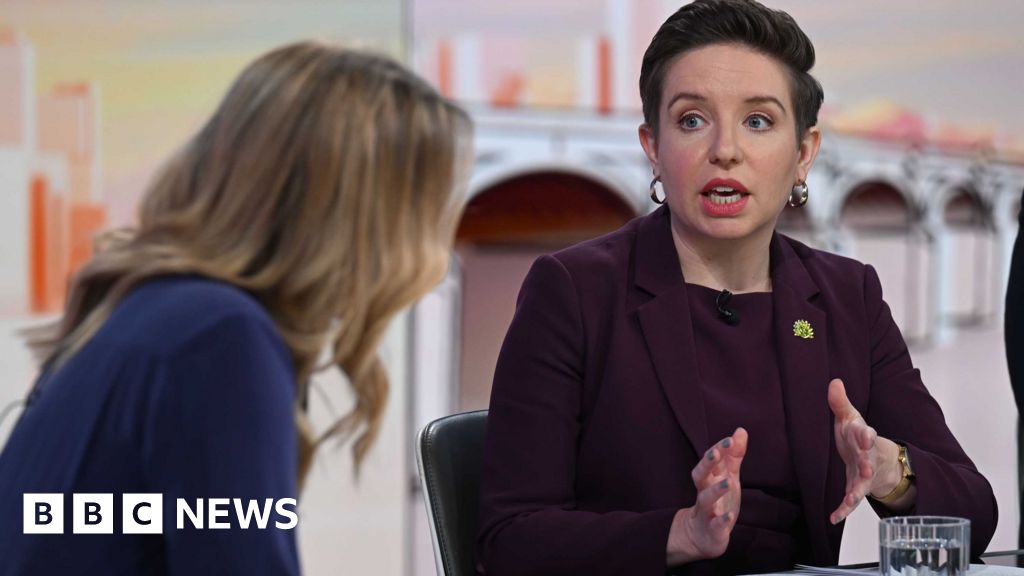Cost of living correspondent
 BBC
BBCA case to determine whether millions of motorists are in line for compensation will be heard by the UK’s most senior judges this week.
A Court of Appeal judgement last year sent shockwaves through the car finance sector, when it ruled that hidden commission payments to dealers were unlawful.
Companies claim they did nothing wrong, and said they await much-needed clarity from the Supreme Court judges.
Lenders, including major banks, have set aside huge sums of money as millions of people who bought new and used cars on finance could potentially make a claim for hundreds of pounds.
When Marcus Johnson bought a car, a dealer received £1,650 – a quarter of the amount the 34-year-old, from Cwmbran, Torfaen borrowed in total.
Mr Johnson said that when he bought a blue Suzuki Swift in 2017 he simply didn’t know that the commission was paid, although the lender said he signed a document.
“I bought it as a little run-around, to get back and forth from work and to take my family out at the weekends,” he said.
“I had no idea that commission even existed as part of the industry.”
 Marcus Johnson
Marcus JohnsonHis, along with two others, were test cases that led to a ruling at the Court of Appeal in which three judges unanimously agreed that it would be illegal for the lender to pay any commission to the dealer without the informed consent of the buyer.
In other words, customers should be told clearly how much commission would be paid – and agree to it – without those details being buried in the terms and conditions of the loan.
‘One unholy mess’
The car finance sector is the second biggest lender to consumers in the UK, with people only borrowing more in mortgages.
The vast majority of new cars, and many second-hand ones, are bought with finance agreements.
Motorists put down a deposit, borrow the rest as a loan, and drive off in their new vehicle.
Dealers were signing up customers to these finance deals and, behind the scenes, were paid a commission by lenders.
Those payments were central to the Court of Appeal ruling. The Financial Conduct Authority (FCA), the City regulator, said dealers and motor finance providers have been receiving a deluge of complaints.
It is urging people to make a claim, if they feel they were the victims of mis-selling.
Under the FCA’s plans, providers will have until December to consider and respond to complaints – but those cases will be hugely dependant on the judgement of the Supreme Court judges.
The final ruling, following three days of evidence from Tuesday, is expected during the summer.
In February, the Supreme Court rejected an unusual intervention from the government, which was worried huge amounts of redress payments could upset the car market and make it less competitive, as well as making the UK less attractive to investors.
The car finance sector insists it complied with the law as it was understood, and as regulation required.
Adrian Dally, from the Finance and Leasing Association, the trade body for the sector, said: “We hope that the Supreme Court settles the issue once and for all, confirms that the industry did nothing wrong historically, and clarifies what the rules are permanently for the future.”
Dame Meg Hillier, who chairs the influential Treasury Committee of MPs, described the situation as “one unholy mess” because dealers and lenders may not have been transparent to their customers.
Compensation
Even if the judges agree with the appeal from car finance providers, lenders are still facing a hefty compensation bill.
That is because the FCA has already banned discretionary commission arrangements (DCAs), when the higher the interest rate on the loan, the higher the commission that was paid to dealers.

It said this provided an incentive for a buyer to be charged a rate that was higher than necessary.
It is considering setting up a compensation scheme for drivers who had these deals before the ban in 2021, although some drivers are going through the courts for redress.
Alex Neill, co-founder of Consumer Voice, which advises people on compensation, said the Supreme Court could agree with the Court of Appeal in saying all “secret” commission payments were unlawful.
“That would be huge and would be on the scale of PPI, with compensation payments running into the tens of billions of pounds,” she said.
If not, then it still meant there could be compensation for 40% of car loan agreements with discretionary agreements.
“That is still going to be worth billions of pounds in compensation and over £1,000 per individual,” she said.

















Leave a Reply